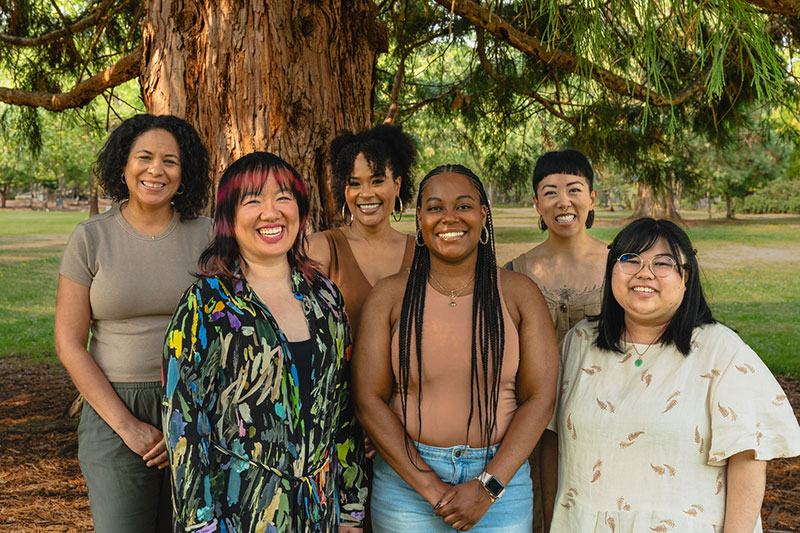Childhood Memories of Storms and Togetherness
I can distinctly remember being excited as a child when we heard that a hurricane was coming. We were so disinterested in the warnings, the reconstruction that would need to take place, or even the dangers that may come with a hurricane. Through our child’s lens, we thought of being out from school. We thought about our parents being home for several days on end—not just the weekend. We thought about being at home and eating snacks, having baths in the rainwater that was caught during heavy rainfall, and going outside to play in the rain.
When the eye of the storm came about and there was that calm, we’d go outside and see all that had happened while we were tucked away inside safely by our parents. I would like to say I’ve had several of those memories, which I find to be the fondest memories of growing up in Jamaica.
As a child, we see natural disasters as an opportunity for our families to come together. It’s an opportunity for us to feel safe and surrounded by an abundance of love with our loved ones. And it’s also an opportunity to eat really good food that typically our parents would not have the time to make because they were working and commuting to work. This was my reality.
Witnessing Beyond My Own Experience
But there was an alternate reality for classmates who did not have secure housing or who did not have the financial means to stock up on food and supplies in anticipation for the storm. As a child, I remember being very empathetic to those classmates and friends for whom that was their experience.
As I have become an adult, I’ve started to see the distinct disparities that are present within my country. But I also cannot help but acknowledge and appreciate deeply that generationally, we were taught to tap into collective joy during the hardest moments in our life. And for many of us, those hard moments came when tropical storms or hurricanes came about.
Common Misunderstanding About Jamaicans
I think that many people assume that because we’re on an island, we all want to leave that island. I think many people assume that because we experience hardship on our island, we don’t love anything about our country or our culture. I think that many people find it puzzling how many Jamaicans can be seen now on social media—which was not there for us growing up—enjoying themselves in the midst of a hurricane.
But I think what many people don’t see through an anti-oppressive and decolonized lens is the fact that we were taught from slavery until this point in time how to make the most out of uncertainty. How to make the most out of catastrophe. We are really good at this as Jamaicans.
The Heart and Resilience of Our People
We’re also really good at community. Checking in on loved ones. Being able to listen to music with loved ones to ride out the storm. Lending a building block or some flour or some rice or some sugar when our neighbors are in need. Helping to clean up debris. Helping to paint when we need to rebuild after these storms. Cooking meals and sharing them with each other. This is the heart of Jamaica. This is the heart of my people.
Under the circumstances of navigating Hurricane Melissa, it is that thing I remember always: that while my island may be currently navigating some serious catastrophes and devastation, the soul of who we are—the soul of our people, the soul of our community and our culture, and our ancestors—rings true. Us being resilient. Us rising above these circumstances. Us being more involved in our community and us being more intentional about staying connected.
Our true strength as Jamaicans comes from standing in the midst of the storm—quite literally and figuratively. We don’t run when it gets hard. We don’t back down when it gets difficult. And we don’t shy away when the challenge presents itself. We hold steadfast.
And we are very much what our motto says: Out of many, one people.

